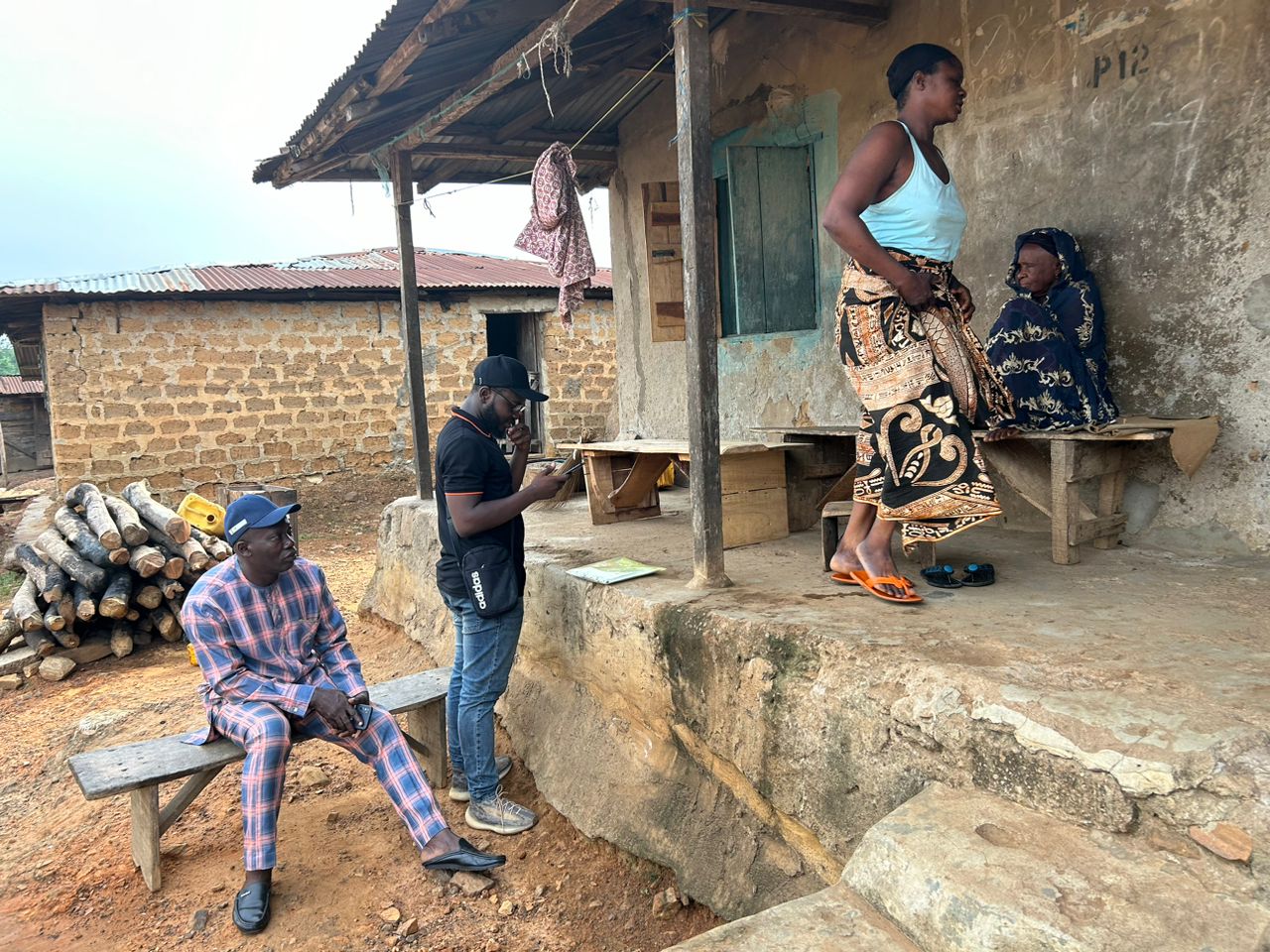Identifying Drivers of Onchocerciasis Transmission
Ondo State in southwestern Nigeria is hyper-endemic for onchocerciasis and has undergone over 23 rounds of ivermectin Mass Drug Administration (MDA). Despite progress, recent serological surveys in children revealed a higher-than-expected seropositivity rate of 0.45%, suggesting ongoing transmission. The World Health Organization (WHO) recommends confirming transmission interruption through serological testing in children and examining black flies for the L3 larvae stage of O. volvulus. Given the persistence of seropositivity, this study aims to identify individual and environmental factors contributing to transmission. Data collection occurred in May 2024. We recruited 1,399 residents across seven communities ;majority being female (55%) and migrants (55%). Poor reach and coverage of ivermectin Mass Drug Administration (MDA) campaigns were noted, with significant declines over the last three years. Barriers included refusals, absence during MDA, and lack of awareness, exacerbated by rumors and inadequate training of frontline workers. There were intense blackfly bites across the communities (>80%), and these were common among children (>60%). Additionally, migratory behaviors and frequent travel increased risk of missing MDA and exposure to black fly bites, which were prevalent, especially in Omotosho and Owena. Environmental factors like fast-flowing rivers indicated potential black fly breeding sites, necessitating targeted interventions.

